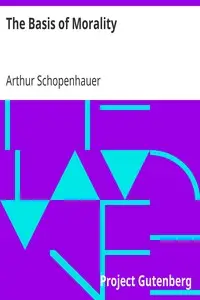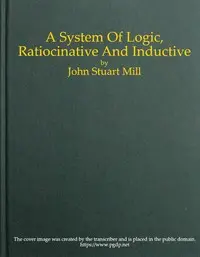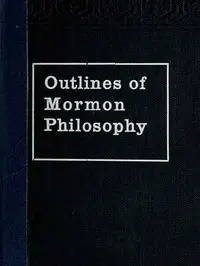"Utilitarianism" by John Stuart Mill is a philosophical investigation into the principles of right and wrong, where Mill seeks to define the groundwork of morality through the lens of utilitarianism. Mill tackles the historic debate over morality's core, advocating for the idea that actions are moral if they generally create happiness and immoral if they don't. By pondering how happiness plays into moral decisions, Mill invites the reader to seek a clearer and more defensible standard of ethical conduct.

Utilitarianism
By John Stuart Mill
Venture into a world where happiness decides right and wrong.
Genres
Released
2004-02-01
Formats
epub3 (images)
epub
epub (images)
mobi
mobi (images)
txt
Free Download
Summary
About the AuthorJohn Stuart Mill was an English philosopher, political economist, politician and civil servant. One of the most influential thinkers in the history of liberalism, he contributed widely to social theory, political theory, and political economy. Dubbed "the most influential English-speaking philosopher of the nineteenth century" by the Stanford Encyclopedia of Philosophy, he conceived of liberty as justifying the freedom of the individual in opposition to unlimited state and social control.
John Stuart Mill was an English philosopher, political economist, politician and civil servant. One of the most influential thinkers in the history of liberalism, he contributed widely to social theory, political theory, and political economy. Dubbed "the most influential English-speaking philosopher of the nineteenth century" by the Stanford Encyclopedia of Philosophy, he conceived of liberty as justifying the freedom of the individual in opposition to unlimited state and social control.
Total Reviews
10.0k
Total reviews from Goodreads may change



















